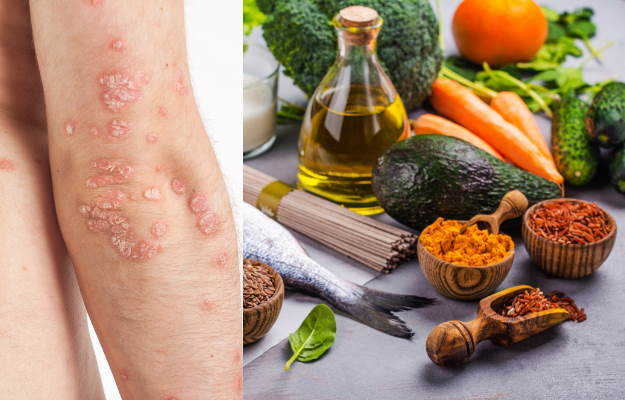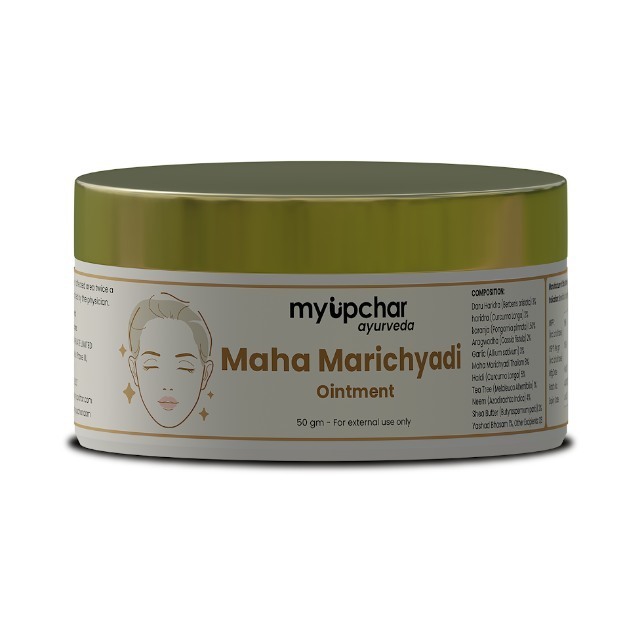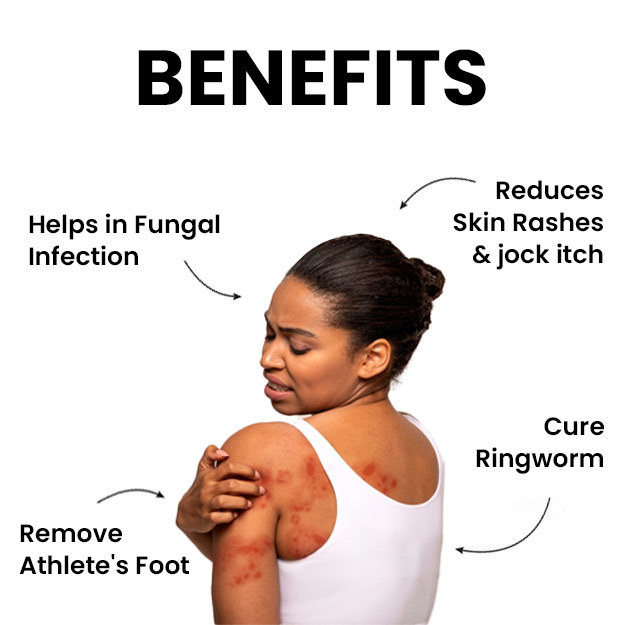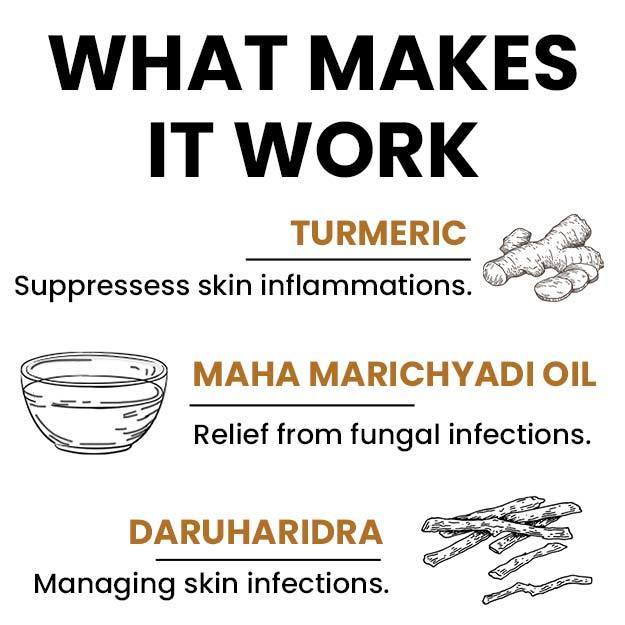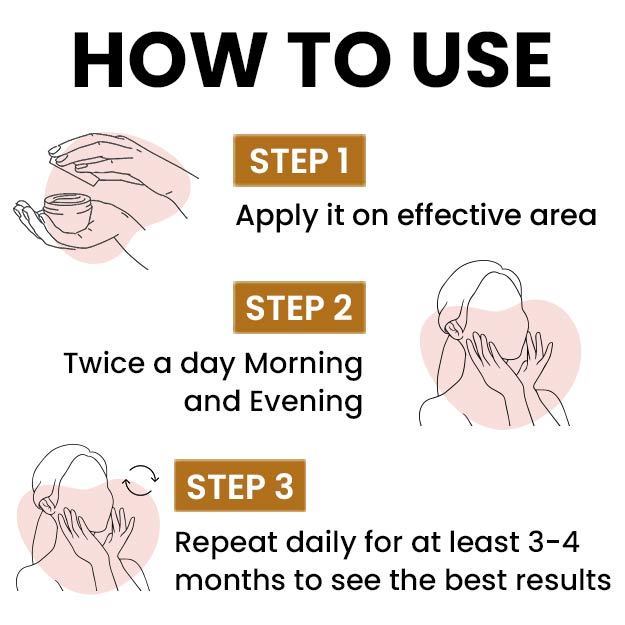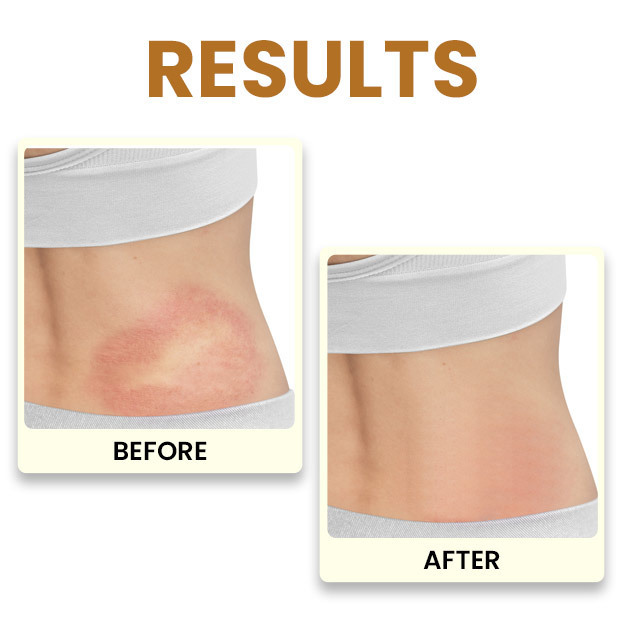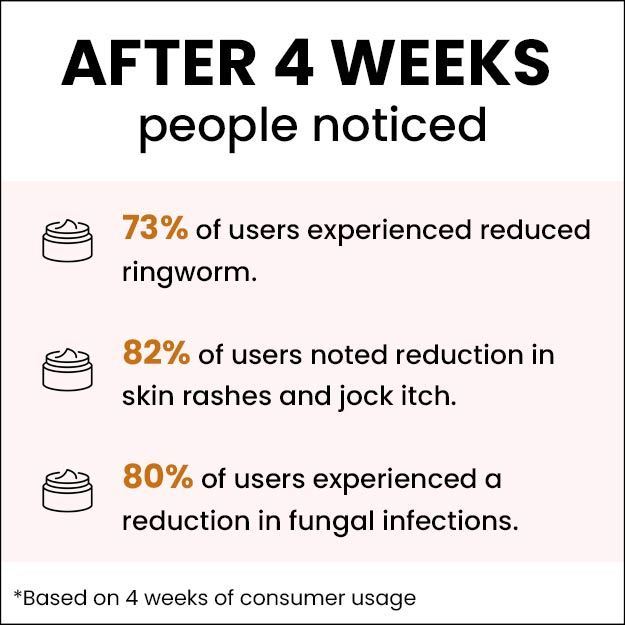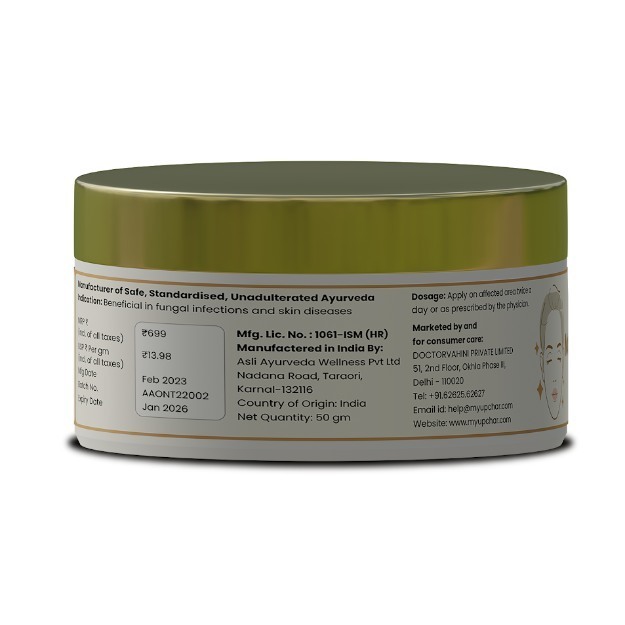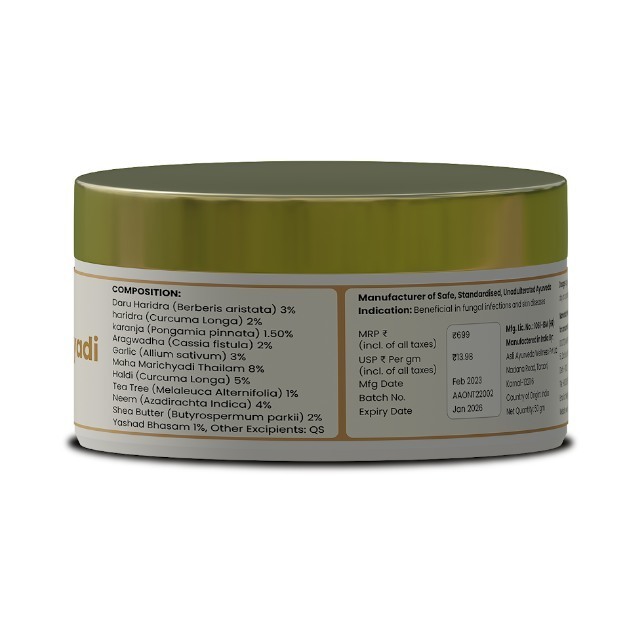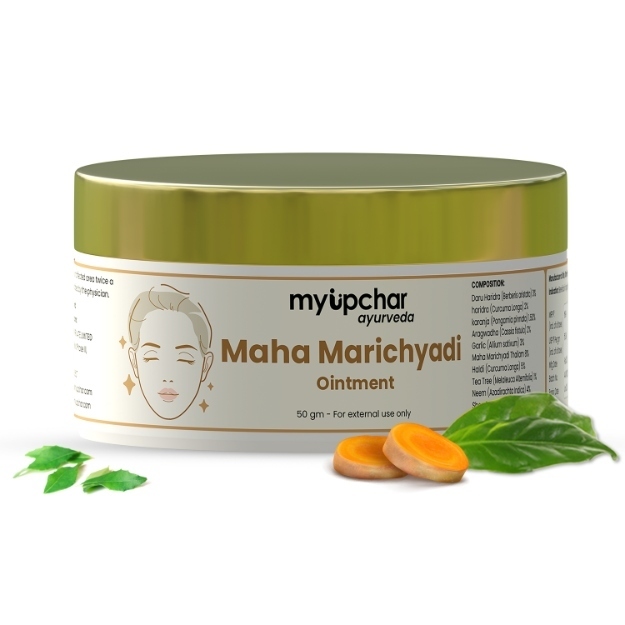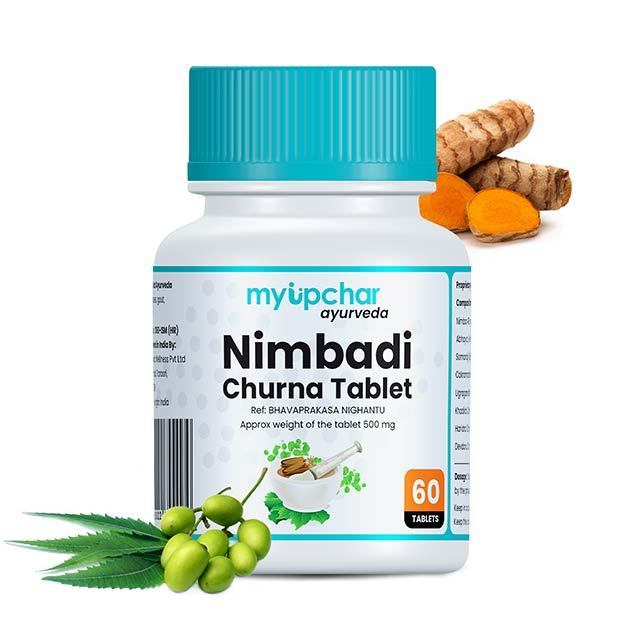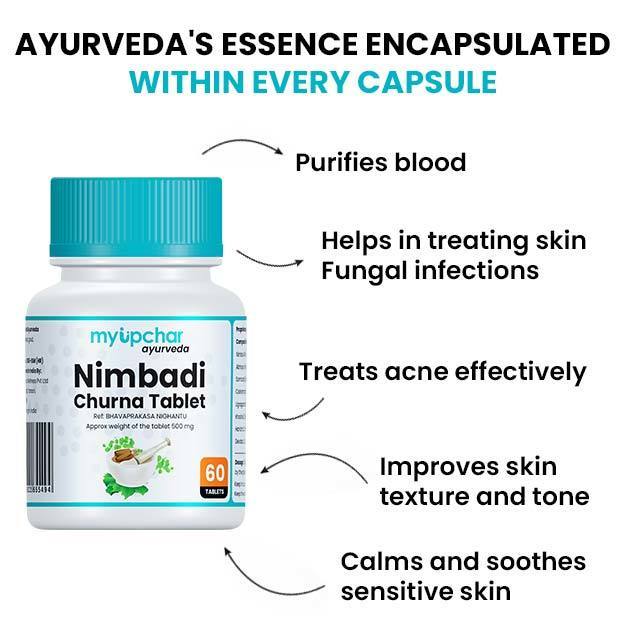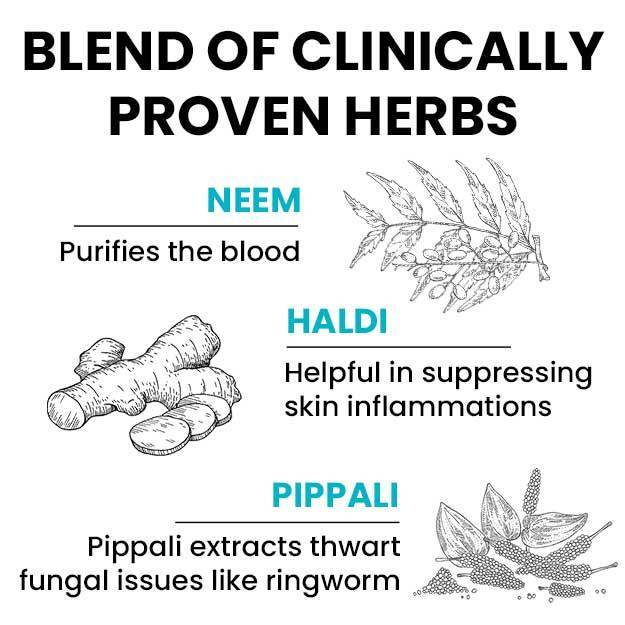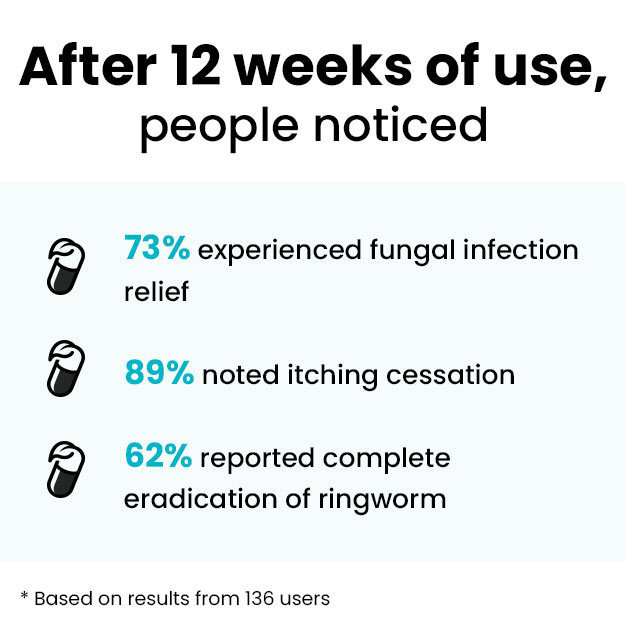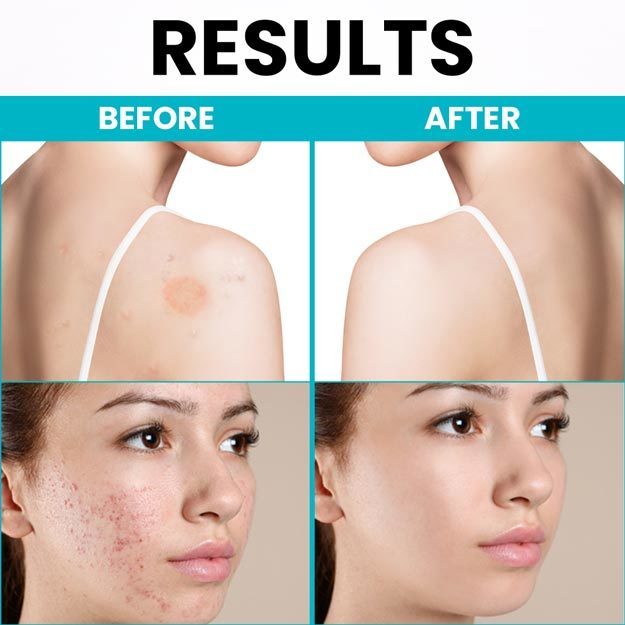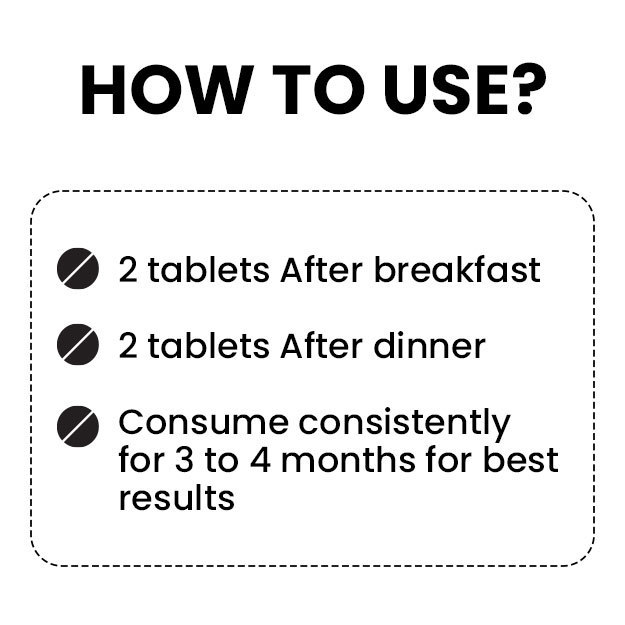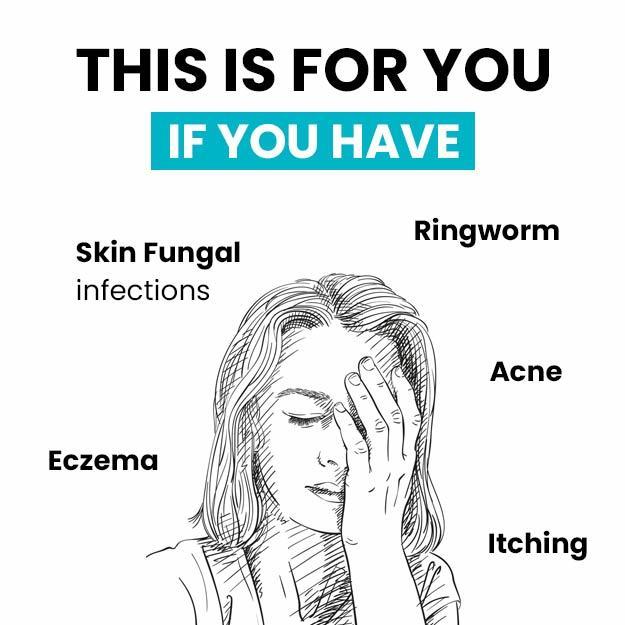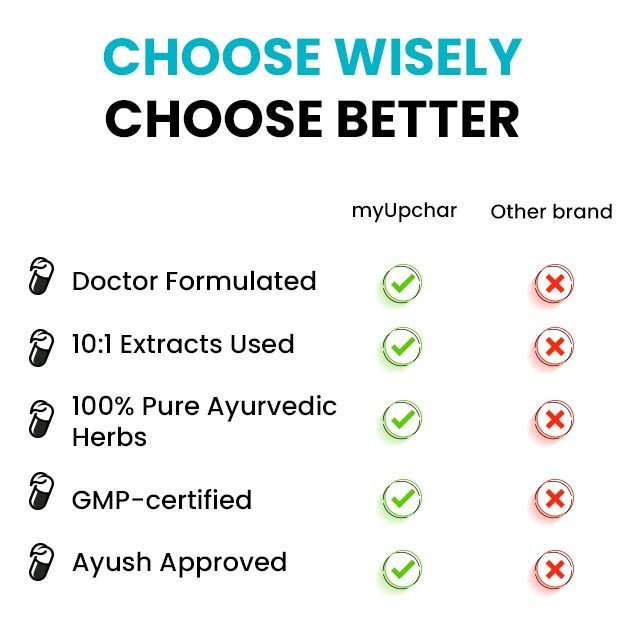With psoriasis, it is essential to avoid foods that can trigger inflammation. Inflammation and the immune system response can lead to a flare-up. Many research studies have shown that food can increase inflammation. Try to replace these foods with healthier options:
Simple Carbohydrates
There is evidence that suggests that eating too much added sugar and too many refined carbohydrates can cause inflammation in the body. So try to avoid white sugar, honey, fruit juices, all-purpose flour, sweets, carbonated or energy drinks, etc. You can replace these items with more nutritious foods such as jaggery (in small amounts), lemon water, detox water, fruit-based homemade desserts.
Processed food
Processed and packaged foods are full of artificial trans fat since they typically use poor quality vegetable and seed oils that may increase inflammation in the body. Processed food is also bad for the gut. They can alter the bacteria that live in our gut, and that can interact with our immune system and eventually lead to chronic inflammation. To eliminate this food group, choose home-cooked food and avoid ready-to-eat foods items, french fries, packaged snacks (chips, namkeen, biscuits), bakery products (cake, pastry), processed meat items (bacon, sausage, ham, salami).
(Read more: Lean meat benefits)
Stop consumption of Alcohol
Consuming alcohol can trigger a psoriasis flare-up and worsen your condition in the longer-term as well. Research has shown that levels of the inflammatory marker CRP (C-reactive protein) are higher in people who consume alcohol. In the study, the more alcohol they consumed, the more their CRP levels increased. So avoid alcoholic beverages and replace them with non-alcoholic drinks such as aam panna, lemon water etc.
(Read more: CRP test normal range)
Quit smoking
Research shows that smoking is directly linked to psoriasis worsening. The more you puff, the worse your flare-ups. Quit smoking as soon as possible. If you are unable to kick the butt by yourself, discuss smoking cessation with your doctor and educate yourself about the benefits of quitting smoking.
Know your body
Patients have reported different food-related triggers such as spices and millets. If you feel any food triggers skin irritation, stomach irritation, or upsets your stomach, make a note of it and check its effect on you by consuming it just by itself. If you find that it indeed leads to a flare-up, replace it with other foods.
(Read more: Homeopathic medicine for psoriasis)

